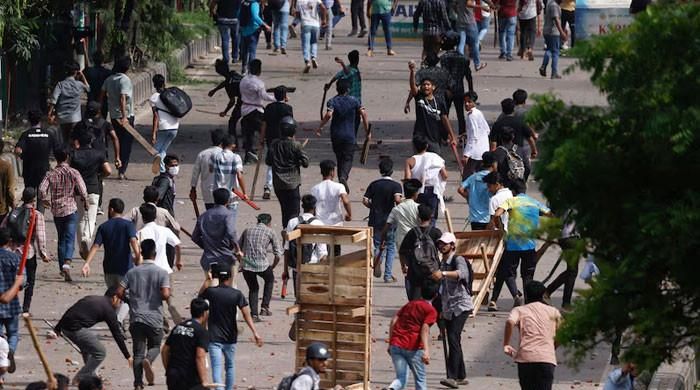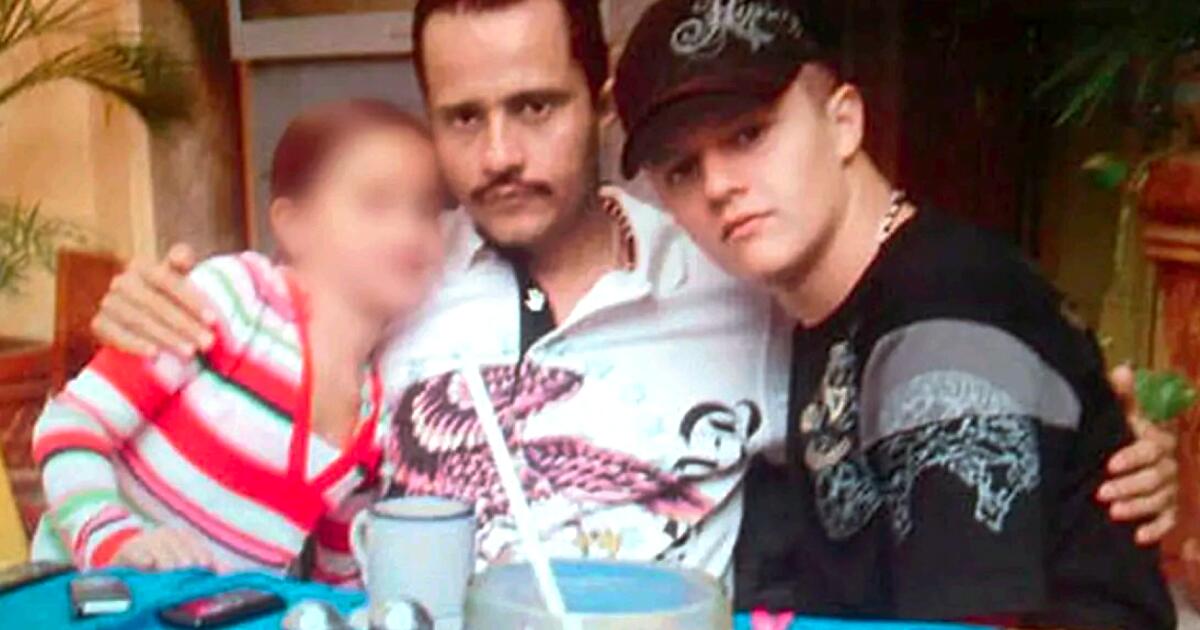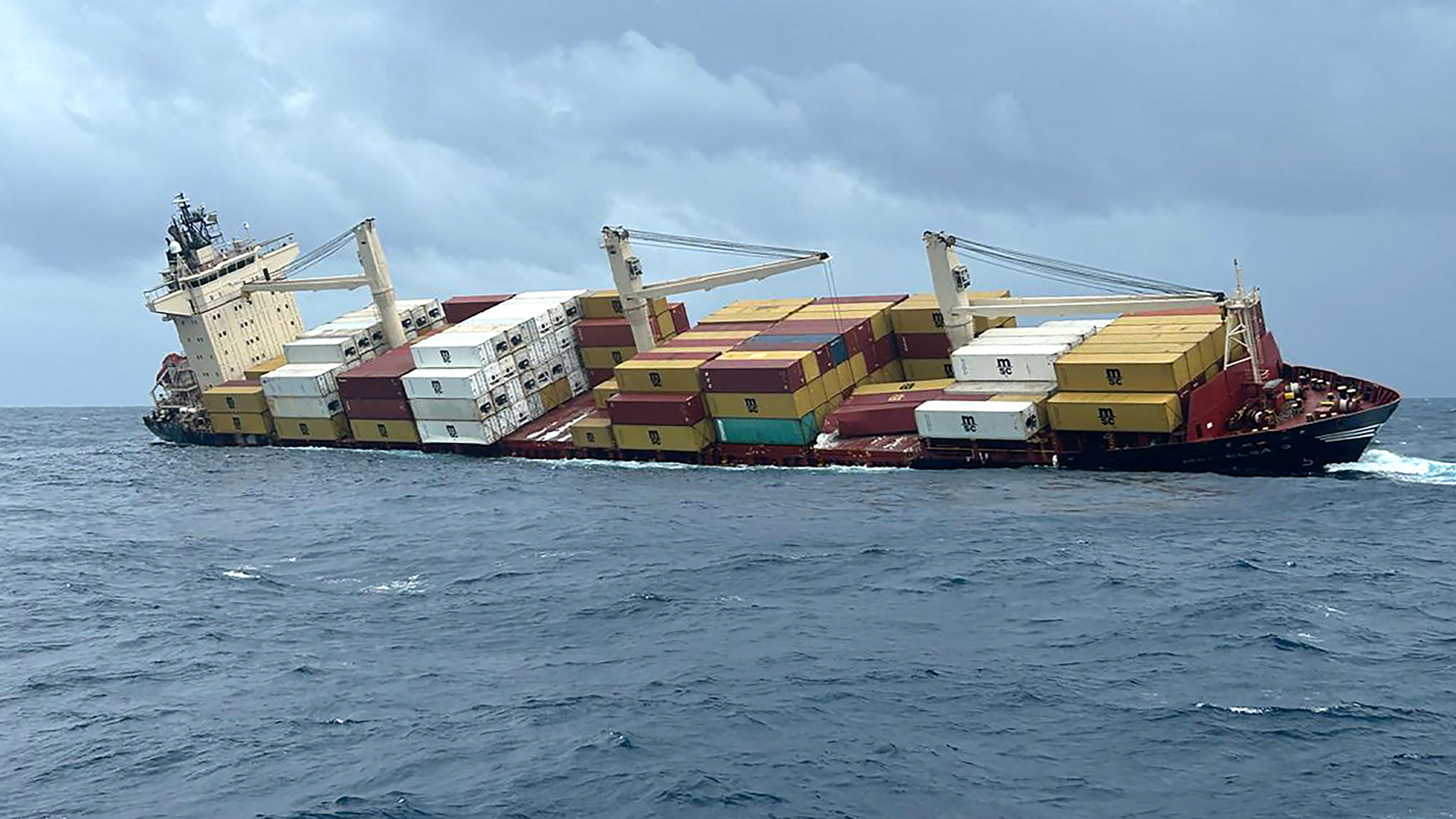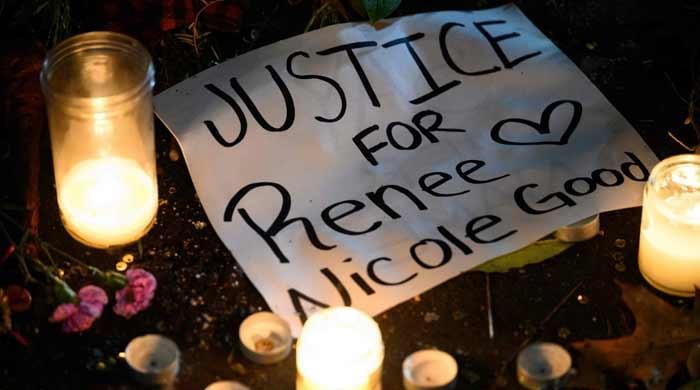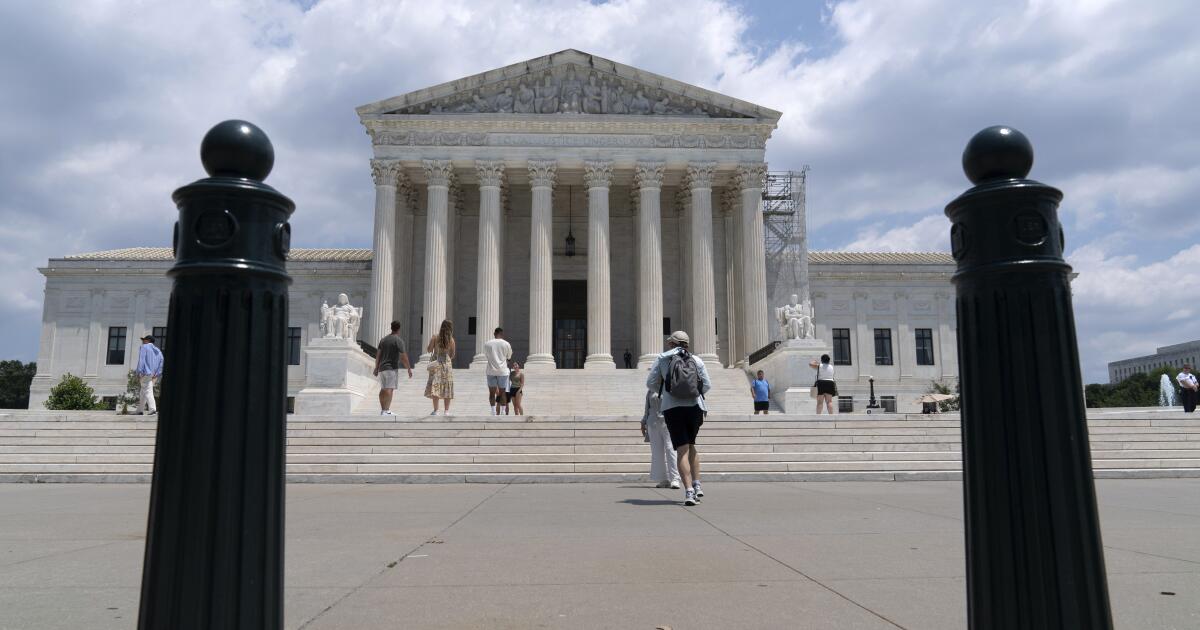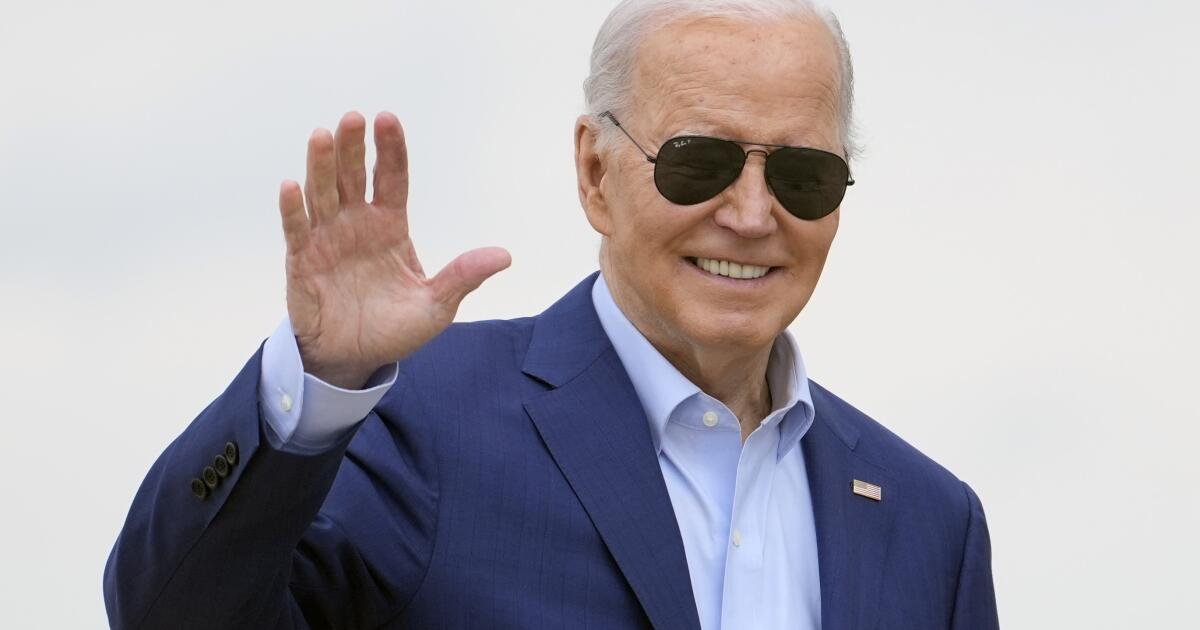- Sunday and Monday were declared “holidays” due to the serious situation.
- Internet and text messaging services remain suspended in Bangladesh.
- Army troops are deployed on the streets to stop deadly protests over labour quotas.
DHAKA: Soldiers patrolled the deserted streets of Bangladesh's capital Dhaka on Saturday and the government ordered all offices and institutions to remain closed for two days after around 133 people were killed this week during student-led protests against government job quotas.
At least four people were killed, according to hospital figures, during sporadic clashes on Saturday in parts of Dhaka, the centre of protests, where security forces set up roadblocks to enforce a curfew.
Prime Minister Sheikh Hasina's government declared Sunday and Monday as “public holidays” due to the situation in the country, with only emergency services allowed to operate.
Authorities had closed universities and schools as of Wednesday.
Nationwide unrest has erupted following student anger over quotas for government jobs.
Hasina's government had scrapped the quota system in 2018, but a court reinstated it last month. The Supreme Court stayed the decision following an appeal by the government and will hear the case on Sunday after agreeing to advance a hearing scheduled for Aug. 7.
The protests — the largest since Hasina was re-elected for a fourth consecutive term this year — have also been fueled by high unemployment among young people, who make up nearly a fifth of the population.
Internet and text messaging services in Bangladesh have been suspended since Thursday, leaving the country isolated as police crack down on protesters defying a ban on public gatherings.
Telephone calls from abroad mostly failed to connect, while websites of Bangladesh-based media outlets failed to update and their social media accounts remained inactive.
“Taking a country of nearly 170 million people off the internet is a drastic measure, one we haven't seen since the Egyptian revolution in 2011,” said John Heidemann, chief scientist in the networking and cybersecurity division at USC Viterbi's Information Sciences Institute.
The internet outage meant many people were unable to top up their electricity meters, leaving them without power.
According to hospitals across Bangladesh, the clashes have left thousands injured. Dhaka Medical College Hospital received 27 bodies last night.
During the week, police fired tear gas, rubber bullets and stun grenades to disperse protesters who were throwing bricks and setting fire to vehicles.
With the death toll mounting and police and other security forces unable to contain the protests, authorities imposed a nationwide curfew and deployed the military, who were ordered to shoot on sight if necessary.
The curfew was eased for two hours from midday on Saturday to allow people to buy supplies and carry out other household chores. It will last until 10:00 a.m. (04:00 GMT) on Sunday, when the government will assess the situation.
Stone and rubble
Army personnel had their identity cards checked at checkpoints. Television footage showed troops had set up barricades and sandbag bunkers at strategic locations in Dhaka.
Reuters Television footage showed armed soldiers searching streets littered with stones and debris as shops remained closed. Trees were uprooted and barricades were torn down on streets where burned-out vehicles lay. Some young people played football on a deserted street during the relaxation of the curfew.
In central Bangladesh's Narsingdi district, protesters stormed a jail on Friday, freed more than 850 inmates and set the facility on fire, TV channels reported, citing police. Scattered fires were also reported in parts of the country on Saturday.
Many opposition party leaders, activists and student protesters have been detained, said Tarique Rahman, the exiled acting president of the main opposition Bangladesh Nationalist Party. Police detained Nahid Islam, a senior student coordinator, at 2 a.m. Saturday, protesters said in a text message.
Reuters The arrests could not be independently confirmed.
Neighbouring India said nearly 1,000 Indian students had returned home since the violence began.
Meanwhile, Pakistani authorities said the students trapped in Bangladesh have been taken to “safe locations.”
“The mounting death toll is a shocking sign of the utter intolerance shown by the Bangladeshi authorities towards protests and dissent,” said Babu Ram Pant, deputy regional director for South Asia at Amnesty International, one of several rights groups that have criticized the government's handling of the protests.

